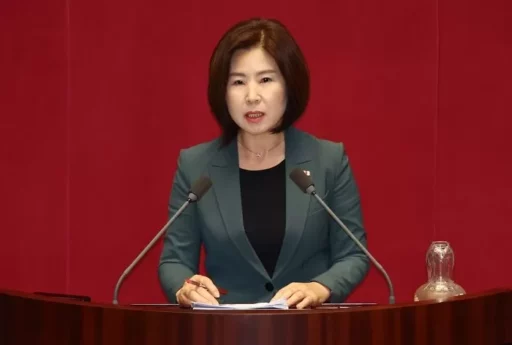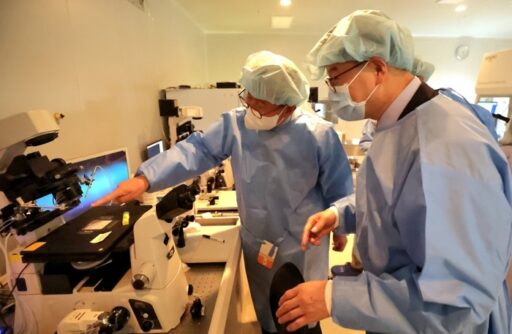Male Infertility Patients Exceed 100,000; Support Remains Insufficient
The number of male infertility patients surpassed 100,000 for the first time last year.
This has been analyzed as a result of the rising marriage age, stress, and changes in lifestyle habits. However, government support remains inadequate compared to female infertility.

According to data submitted by the National Health Insurance Service and the Health Insurance Review and Assessment Service to Kim Mi-ae, a member of the National Assembly from the People Power Party, 108,343 patients were diagnosed with male infertility last year. This is an increase of 38.3% compared to 78,370 in 2018.
During the same period, the number of male patients undergoing infertility treatment also increased from 56,117 to 74,654, a 33% increase.
The medical expenses related to infertility also nearly doubled, rising from 10.4 billion won to 19.8 billion won.
There has been a noticeable increase in underlying conditions that cause male infertility. Patients with "hypopituitarism," which negatively affects sperm formation, increased from 14,469 in 2018 to 29,356 last year, more than doubling. The number of patients with "varicocele," which deteriorates sperm quality, also increased from 12,549 to 17,087 in the same period.
The increasing male infertility trend raises concerns about its causes and countermeasures.

Experts explain that it is often difficult to find a clear cause for male infertility. Excessive stress, lack of sleep, irregular eating habits, smoking, and drinking are analyzed as major factors that lower male hormone levels and sperm motility. Additionally, the social phenomenon of delayed marriage and childbirth is pointed out as a significant cause of increasing male infertility.
However, despite this rising trend in male infertility, the government's support system is relatively limited compared to female infertility.
Under the current system, treatments for male infertility that do not lead to assisted reproductive techniques such as in vitro fertilization or artificial insemination are excluded from support. Specifically, male patients with azoospermia who undergo surgery to extract sperm directly from the testes are not eligible for related cost support if no sperm is found.
Moreover, a major issue is that health insurance does not cover key treatment costs such as surgical microscope fees, special material costs, and tissue processing and examination fees, leading to a significant financial burden on patients.

Surgical costs can reach up to 3 million won, and if multiple procedures are required, the financial burden increases even further.
Experts point out that the support system for male infertility patients is still inadequate compared to female patients and emphasize the urgent need for systemic improvement from the government.
Image sources: Kim Mi-ae of the People Power Party / News1, Stock photos for article understanding / gettyimagesbank, Stock photos for article understanding / News1


